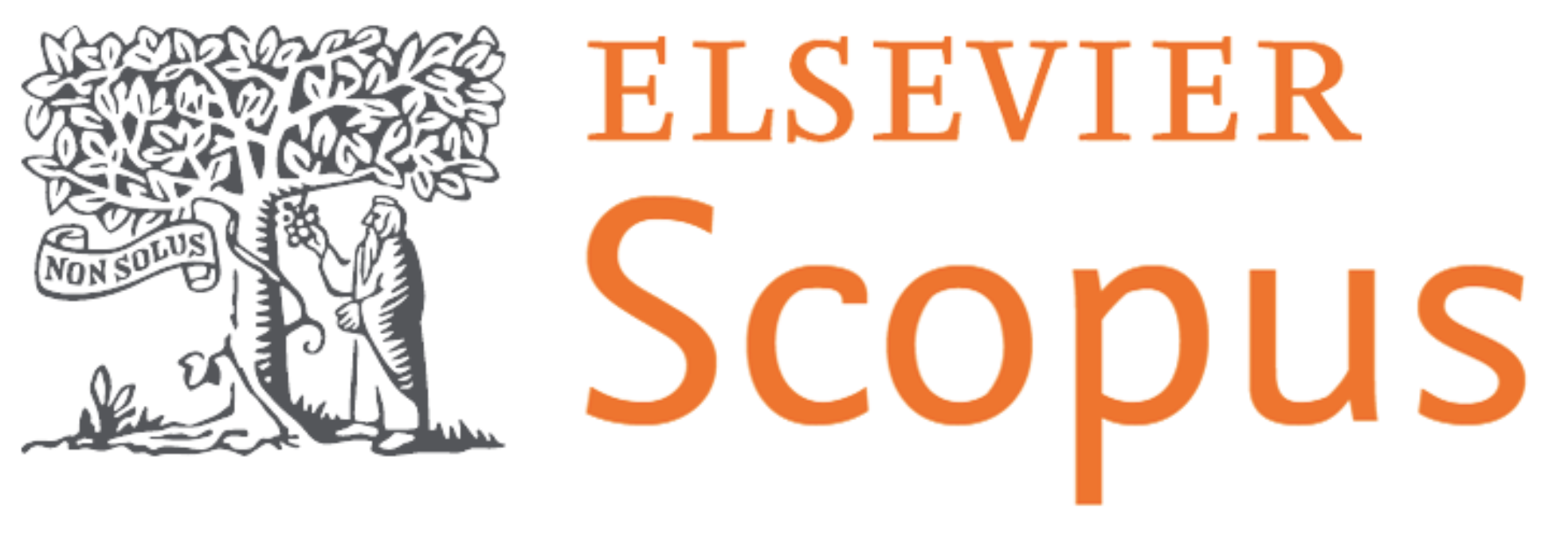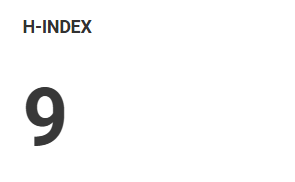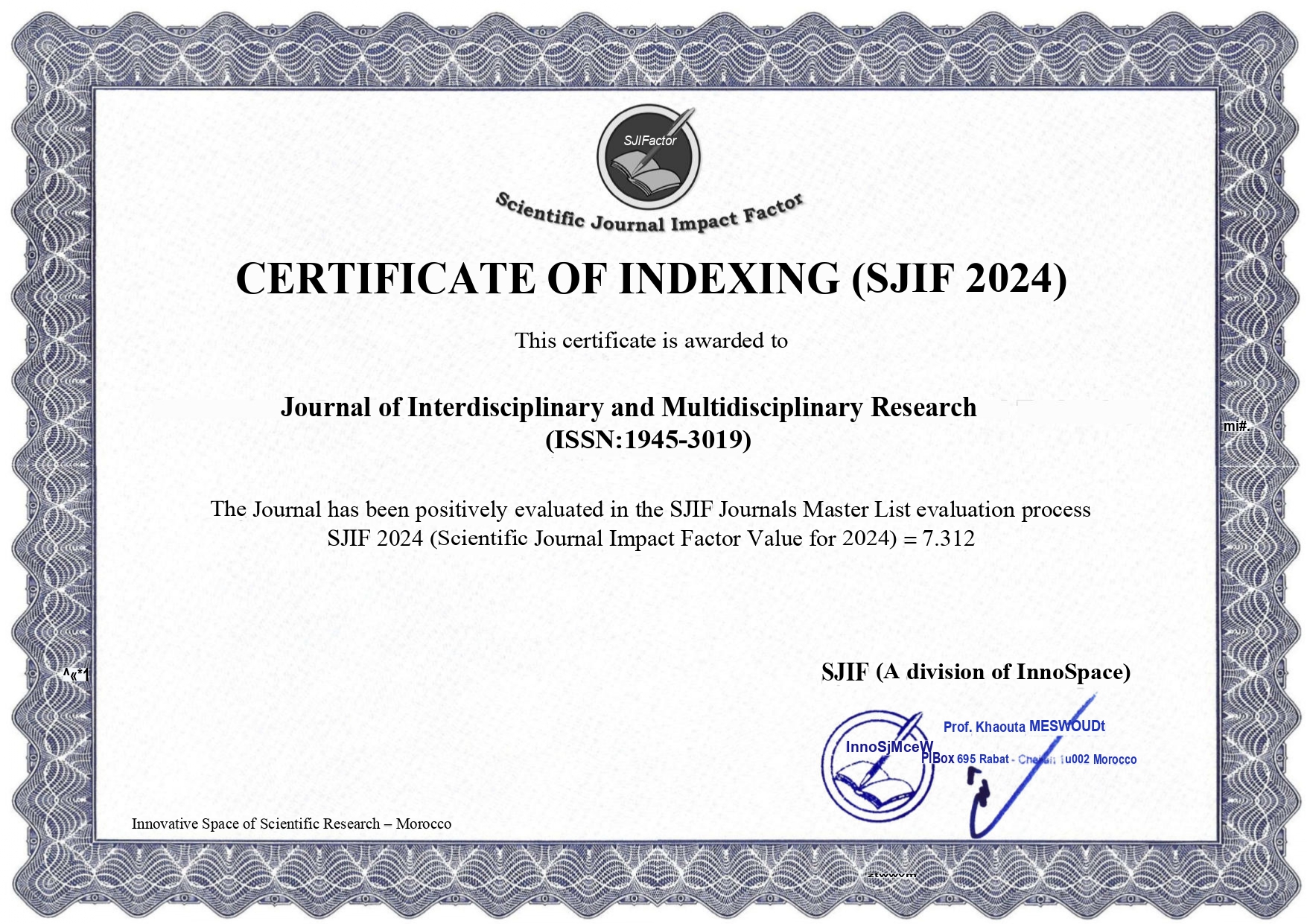Insights Of Indigenous Knowledge Systems on Resilience and Risk Mitigation of Climate Change: Examining Climate Action Policies
DOI:
https://doi.org/10.5281/zenodo.17405334Keywords:
Indigenous Knowledge System, Climate Change, Mitigation, AdaptationAbstract
The paper purposed to explore the benefits of incorporating indigenous knowledge systems on climate governance structures and green policy initiatives. Climate change is the uttermost exigent matter forming a global agenda in the recent decades. The severe effects of climate change across the world necessitates inevitable deliberations on adaptation and mitigation. Consequently, climate regulation systems reflect the dedication of the state in promoting adaptation, resilience and reducing the effects of global warming across all spheres. Effective Climate action plans are gauged by the extent of competency in handling the multiple demands, aspirations, and contexts associated with climate change. Due to the limitation of adaptation and mitigation approaches grounded on technoscience, indigenous knowledge systems are considered a valuable remedy. Therefore, from the formulation stage of climate action policies to the reporting stage, it is vital to acknowledge and incorporate indigenous knowledge systems to guarantee its utilization. The study draws upon a systematic literature review of 135 peer-reviewed articles published over the last 16 years to examine the trend and correlation of the variables. Data was analysed and conclusions were drawn using discourse content analysis. The paper highlighted that indigenous mitigation and adaptation mechanisms in building tenacity in confronting climate change are generally recognized although countries have not utilized them significantly. Notably, acknowledgement and the use of indigenous knowledge systems fosters resilience building amidst climate change. Further, it suggests integration of indigenous knowledge systems in climate change legal instruments for enhanced mitigation and adaptation.
Downloads
Published
Issue
Section
License
Copyright (c) 2025 Lenah Chelangat, Ajitha S (Author)

This work is licensed under a Creative Commons Attribution 4.0 International License.






